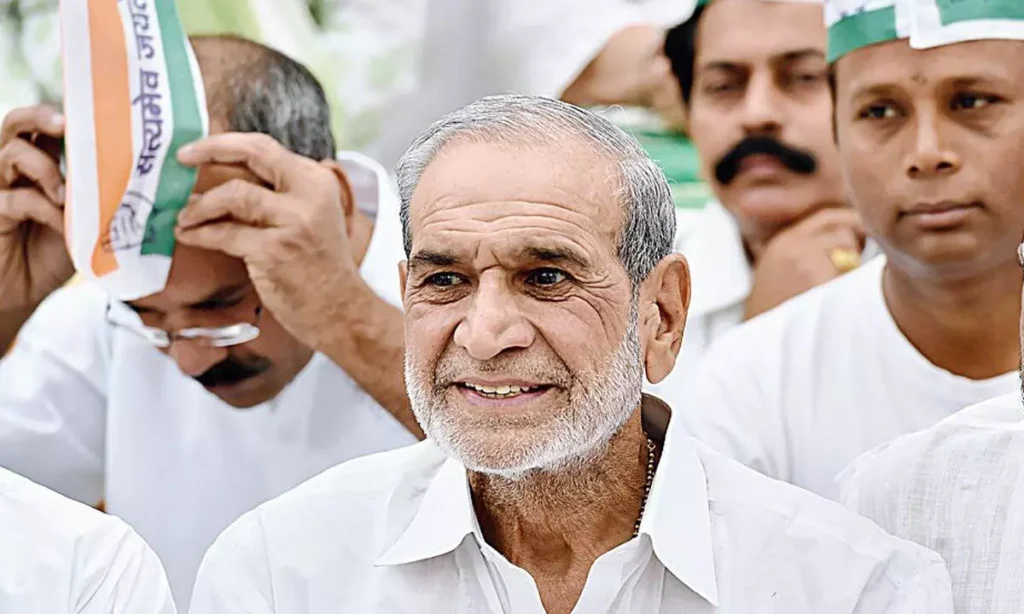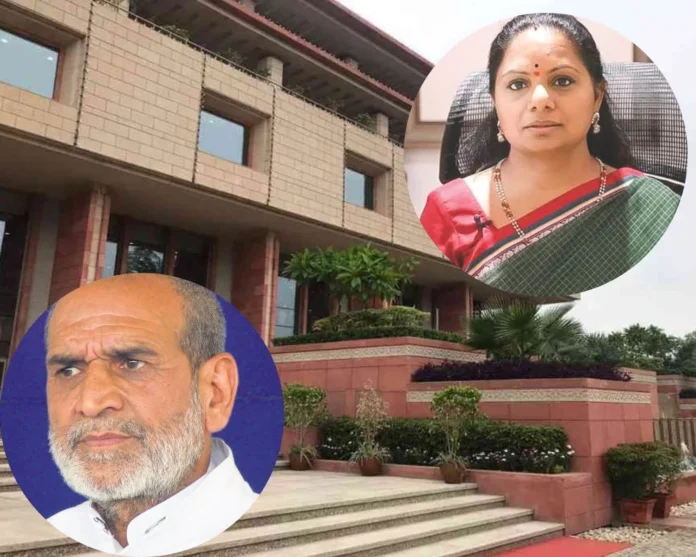Introduction
The Delhi Court Defers Verdict in Sajjan Kumar Case, delaying a crucial ruling in the 1984 Anti-Sikh Riots murder trial. Initially scheduled for pronouncement, the verdict has now been postponed to February 12 after the prosecution requested additional time for further arguments. The case remains one of the most high-profile legal battles connected to the tragic events of 1984, with victims’ families and political analysts closely monitoring the proceedings.
Background of the Case
This case pertains to the tragic killings of Jaswant Singh and his son Tarundeep Singh on November 1, 1984, during the violent riots that followed the assassination of former Prime Minister Indira Gandhi. The victims were attacked in Delhi’s Saraswati Vihar, where mobs engaged in large-scale looting, arson, and destruction of Sikh-owned properties.
The 1984 Anti-Sikh Riots resulted in thousands of deaths and remain a painful chapter in India’s history. Numerous allegations have been made against political figures accused of instigating the violence, leading to several long-drawn legal battles. Sajjan Kumar, a former Congress MP, has been at the center of many of these accusations.
Key Developments
- Initial Investigation: The case was first registered at Punjabi Bagh police station before being handed over to a Special Investigation Team (SIT) for further inquiry. The SIT was constituted to reopen cases that had seen little progress for decades.
- Court Proceedings: On December 16, 2021, the court framed charges against Sajjan Kumar, establishing a prima facie case against him. This was a major breakthrough in the prolonged legal battle.
- Judicial Findings: The court noted sufficient material to conclude that Kumar was not just a participant but also a leader of the mob, orchestrating violent attacks against Sikhs. Eyewitness accounts and evidence presented in court further implicated him in leading the mob that carried out attacks in the Saraswati Vihar area.
Why the Verdict Was Deferred
Despite prior hearings and arguments, the court decided to defer its ruling due to fresh submissions from the prosecution. Special judge Kaveri Baweja, who was set to deliver the verdict, scheduled the new date for February 12 to allow for additional deliberations. Legal experts speculate that the prosecution might have introduced new evidence or required further clarifications before the final ruling.
The delays in high-profile cases like this often generate widespread debate on the pace of judicial proceedings in India. Given the decades-long history of this case, many argue that victims’ families have already waited far too long for justice.

Legal and Political Implications
This case remains a significant chapter in India’s legal history, as several political figures have faced allegations related to the 1984 Anti-Sikh Riots. Sajjan Kumar, previously convicted in a separate riot case, was sentenced to life imprisonment in 2018. His ongoing legal battles continue to be closely watched by both victims’ families and political observers.
The 1984 riots have had a lasting impact on India’s political landscape. Many survivors and advocacy groups continue to demand swift justice, citing delays as a form of denial of justice.
Additionally, the case has far-reaching implications for India’s legal system, particularly in dealing with crimes against humanity. The handling of this case is often cited in discussions about judicial efficiency, political accountability, and historical justice in India.
Public Reaction and Victims’ Perspectives
The deferral of the verdict has drawn mixed reactions. While legal experts understand the need for due process, victims’ families and Sikh community leaders have expressed disappointment over yet another delay in achieving justice. Many have been vocal about their frustration, emphasizing that the victims and their loved ones deserve closure after nearly four decades.
Social media and public forums are abuzz with discussions about the case, with many questioning whether the judicial system is doing enough to hold those responsible accountable. Some activists have renewed calls for international human rights organizations to review the case and push for timely justice.
Conclusion
The Delhi Court Defers Verdict in Sajjan Kumar Case, highlighting the ongoing legal proceedings in one of India’s most infamous riot cases. As the court prepares to deliver its long-awaited verdict on February 12, all eyes remain on the judicial system and its broader implications.
With victims and their families waiting decades for justice, the verdict in this case carries profound weight—not just for those directly affected but for the broader conversation on justice and accountability in India. As the date approaches, expectations remain high for a ruling that will set a precedent for similar cases in the future.


